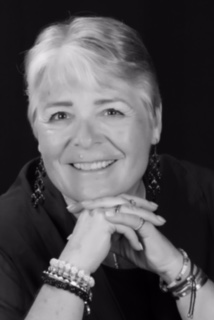Mental Illness vs. Mental Health
What does it mean to have a “mental” illness? Where is your mental? What does it look like? If you can’t see it, how can you have one that is ill?
The brain is made up of a wide range of chemical compounds. The primary cells of the brain are nerve cells. They communicate via chemicals called neurotransmitters, which are a part of the body’s chemical-electrical system.
When all cells work together, our bodies can function well. Life experiences and thoughts greatly influence our brains and can actually change the structure of our brains. But suppose something else is happening with this system, particularly the brain. In that case, someone may find themselves feeling sad and anxious.
When you have a thought, specific nerve cells send chemical messages to other nerves, which can end up in the place where different biochemical activity occurs. We perceive this as more thoughts or emotions. You see, thoughts and emotions are biochemical experiences. Patterns of thoughts or feelings trigger the brain to lay down pathways that make it easier and faster to transmit information. If you have a positive thought pattern, you will lay down one set of pathways that may leave you feeling optimistic. If you have a negative thought pattern, you will lay down a different set of pathways that may leave you feeling pessimistic.
Mental Health is when a person has things in balance. A person in a state of Mental Health has access to healthy coping skills that allow them to handle most things that come their way, even if they need additional support. So, you can say that “Mental” has to do with the content of your thoughts and emotions.
Remember that thoughts and emotions are biochemical events in the brain. So by working with a counselor, a person can examine their thoughts and learn different ways to think about things. Which can change their brain biology and how they feel emotionally, restoring them to a place of Mental Health.
This simplified explanation can help demystify and destigmatize the idea of Mental Illness, revealing it as a physical illness affecting how we think and feel. So let’s celebrate Mental Health Awareness by celebrating our power to be mentally healthy.
Emilie McCartney Smith, LPC
Emilie has a Bachelor’s Degree in Social Science - Psychology from Marylhurst University, and a Master’s Degree in Counseling Psychology from Lewis and Clark College, Graduate School of Professional Studies. She has worked in Community Mental Health and had a private practice. She learned Dialectical Behavioral Therapy from it’s developer, Dr. Marsha Linehan. She has run DBT programs in various agencies and has trained multiple clinicians in its use. At The Grief Center she works with adults and teens, both with individual and group therapy, as well as presents multiple CEU trainings throughout the year.

